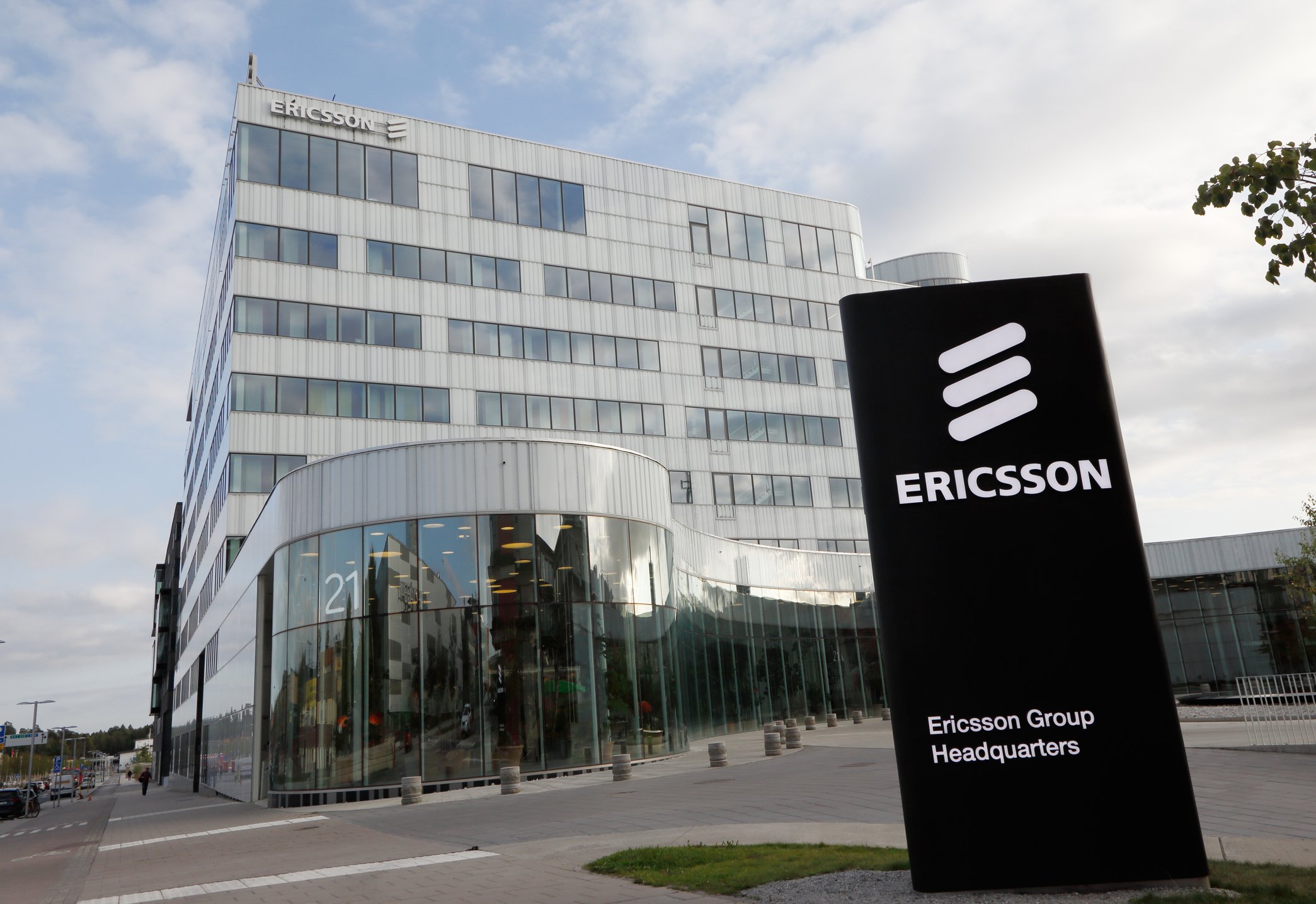On October 19, 2024, Ericsson made headlines by announcing its plan to invest $19 million in a technology hub in Nigeria. This move is not just a financial commitment; it reflects a broader strategy rooted in the company’s history and its ongoing quest for global expansion. But what does this investment mean for Nigeria, and how does it fit into Ericsson’s long-standing business model? Let’s dive deeper.
A Historical Perspective: Ericsson’s Global Strategy
Ericsson’s journey began in 1876 when Lars Magnus Ericsson opened a humble repair shop. By 1878, the company was manufacturing its own phones, rapidly expanding its international footprint. However, by the 1920s, the company faced challenges that necessitated a shift in strategy: establishing local manufacturing plants to meet growing demand and navigate trade restrictions.
The Importance of Local Operations
Historically, Ericsson has responded to market demands by setting up local operations. Countries like Finland and Mexico have seen Ericsson establish manufacturing plants to address currency shortages and import bans. This approach not only fosters local employment but also aligns with governmental expectations for foreign companies to contribute economically.
What the Tech Hub Could Entail
The proposed tech hub in Nigeria could serve multiple purposes: it might function as a research and development center, a manufacturing facility, or even a consolidated site for various operations. For instance, Ericsson’s recent $170 million investment in Estonia is designed as a comprehensive tech hub featuring test labs, warehouses, and production lines.
A New Era for Nigeria’s Tech Landscape
With Nigeria boasting approximately 144.9 million mobile subscribers, it presents an attractive market for telecom investments. The country’s largest telecom operator, MTN, is already collaborating with Ericsson to modernize its core network. This partnership sets the stage for further technological advancements and infrastructure development.
The Potential Impact of Ericsson’s Investment
So, what can Nigeria expect from this significant investment? Drawing parallels from Ericsson’s past ventures can provide insights.
Employment Opportunities and Skills Development
Ericsson’s investments have historically led to job creation and skills training. For example, their $1 billion investment in China resulted in five research centers employing thousands. If Nigeria can replicate this success, we could see substantial employment opportunities arising from the new tech hub.
Collaboration with Local Talent
Peter Ogundele, Managing Director of Ericsson Nigeria, emphasized that there are plenty of local youths ready to enter the tech field. He stated that training programs could not only prepare Nigerians for local jobs but also position them for opportunities abroad—similar to India’s tech export model.
The Challenges Ahead: Will It Deliver?
While the prospects are promising, history has shown that investments do not always translate into success stories. In Nigeria, many Memorandums of Understanding (MoUs) have been signed with foreign companies that ultimately did not yield tangible results. For instance, of the 36 MoUs signed in 2019, only 12 remain active today.
Navigating Bureaucratic Hurdles
The Nigerian government has signed an MoU with Ericsson to explore 5G technology potential. However, past experiences raise questions about the effectiveness of such agreements. Ensuring that these commitments lead to real-world outcomes will be crucial for both parties involved.
A Broader Economic Context: Sweden-Nigeria Relations
This investment comes at a time when Vice President Kashim Shettima is actively courting foreign investors to tap into Nigeria’s burgeoning digital economy. He highlighted that Nigerian tech startups received over $1 billion in funding in 2022 alone.
Building a Sustainable Future Together
The collaboration between Swedish companies and Nigerian startups holds immense promise. By leveraging Swedish expertise in technology and innovation, both nations can work towards creating sustainable economic growth that benefits future generations.
A Leap of Faith or Strategic Genius?
Ericsson’s $19 million investment in Nigeria is more than just another business transaction; it’s a calculated move that could reshape the technological landscape of West Africa. While there are challenges ahead—ranging from bureaucratic hurdles to ensuring effective implementation—the potential benefits are significant.As we watch this investment unfold, one question remains: will it be a leap of faith or a strategic genius move that paves the way for Nigeria’s evolution into a tech powerhouse? Only time will tell. But one thing is certain: the eyes of the global tech community will be closely watching how this story develops.















 and then
and then